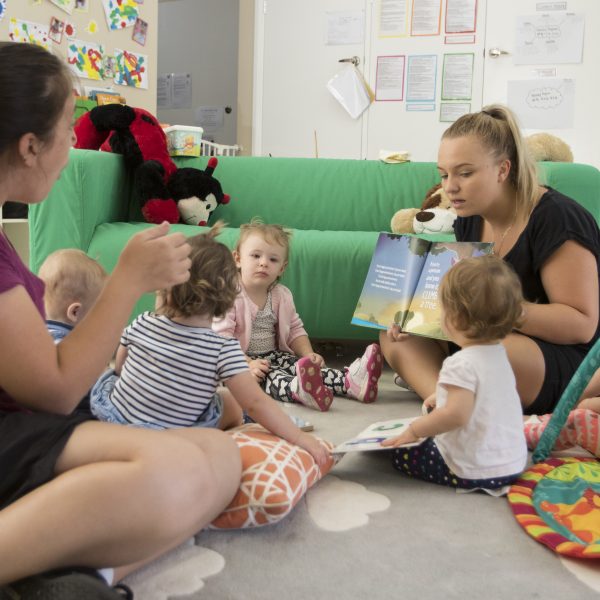ACER engaged to investigate how preschools support literacy

The Australian Literacy and Numeracy Foundation (ALNF) have engaged the Australian Council for Educational Research (ACER) to investigate how preschool services support children to develop language and literacy skills and help them get ready for school.
The Overcoming Disadvantage in Early Childhood (ODEC) study helps describe the benefits gained by children when they attend high quality early childhood services and how this attendance impacts on later school performance.
In the study the impact made by the ALNF’s Early Language and Literacy Program is measured.
The program aims to equip educators, parents and community members with the knowledge and tools required to develop children’s foundational language and literacy skills.
A critical success element of the Early Language and Literacy Program is an accredited Certificate IV course for educators that combines speech and language pathology and early years education best practice.
The study, elements of which are still underway, is targeting early childhood education and care (ECEC) services on the Mid North Coast of New South Wales (NSW).
The Mid North Coast was chosen for the unique conditions created due to children in the region receiving fewer hours of ECEC on average than other children in Australia – more than 30 per cent of four-year-old children on the NSW Mid North Coast are missing out on the 15 hours offered under the Universal Access to preschool policy, the authors noted.
The ALNF’s Early Language and Literacy Program has been delivered in schools and ECEC services in the Mid North Coast area for more than ten years.
For the first two years of the ODEC study, the ACER team worked one on one with nearly 500 children from 22 early childhood settings, and more than 40 schools, to measure their growth in oral language and literacy skills, paying particular focus on skills within the areas of vocabulary, phonological awareness, comprehension, oral language, print conventions, reading and writing.
The researchers highlighted the activities they used in the study which are designed to demonstrate elements of phonological awareness, noting that research demonstrates that phonological awareness skills, in particular phonemic awareness, are important foundational skills for later literacy development.
Phonology is the study of different sounds and the way they come together to form speech and phonemic awareness includes the ability to separate a word into the sounds that make it up and blend single sounds into words.
Skills the researchers were seeking to identify were word awareness, phonemic awareness – blending and rhyming as well as – Phoneme segmentation, syllables, and Isolation.
The activities, researchers said, began with the easiest tasks, emphasising that children should be having fun while playing with and thinking about the words and sounds they use in everyday life.
To read the research, please see here. ACER sell a number of resources designed to support literacy development. These may be accessed here.
Popular

Workforce
Quality
Practice
Provider
Research
How one teacher is using Little J & Big Cuz to build empathy, understanding and confidence in First Nations learning
2025-12-08 07:15:19
by Fiona Alston

Quality
Policy
Practice
Provider
Economics
Research
Workforce
NQF Annual Report 2025: Quality gains continue, but sector faces compliance pressures and persistent equity gaps
2025-12-10 07:21:19
by Fiona Alston

Research
Provider
Intentional science play: a three‑stage pathway to foster children’s scientific literacy in the early years
2025-12-10 07:45:26
by Fiona Alston
















